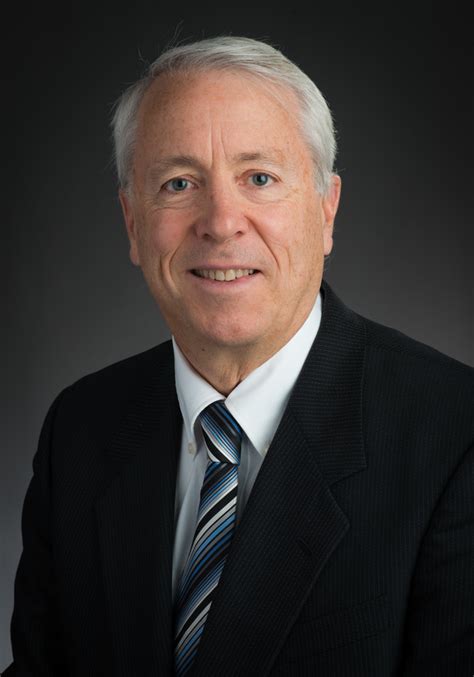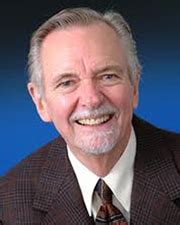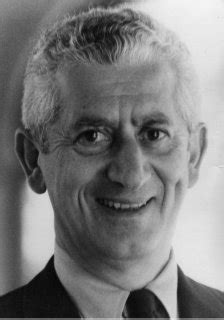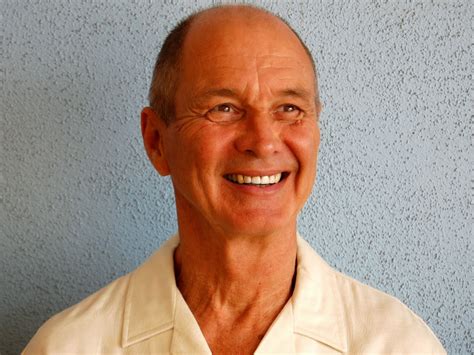A Quote by Francis Schaeffer
Isolating the student from large sections of human knowledge is not the basis of a Christian education. Rather it is giving him or her the framework for total truth, rooted in the Creator's existence and in the Bible's teaching, so that in each step of the formal learning process the student will understand what is true and what is false and why it is true or false.
Related Quotes
From the standpoint of education, genius means essentially 'giving birth to the joy in learning.' I'd like to suggest that this is the central task of all educators. It is the genius of the student that is the driving force behind all learning. Before educators take on any of the other important issues in learning, they must first have a thorough understanding of what lies at the core of each student's intrinsic motivation to learn, and that motivation originates in each student's genius.
A Student is the most important person ever in this school...in person, on the telephone, or by mail.
A Student is not dependent on us...we are dependent on the Student.
A Student is not an interruption of our work..the Studenti s the purpose of it. We are not doing a favor by serving the Student...the Student is doing us a favor by giving us the opportunity to do so.
A Student is a person who brings us his or her desire to learn. It is our job to handle each Student in a manner which is beneficial to the Student and ourselves.
Either Christianity is true or it's false. If you bet that it's true, and you believe in God and submit to Him, then if it IS true, you've gained God, heaven, and everything else. If it's false, you've lost nothing, but you've had a good life marked by peace and the illusion that ultimately, everything makes sense. If you bet that Christianity is not true, and it's false, you've lost nothing. But if you bet that it's false, and it turns out to be true, you've lost everything and you get to spend eternity in hell.
Fiction can produce truth, and truth can be false. What does it mean to say that it's true that, what, two out of six people in this city are starving? That's true, but that is only true because the conditions we live under are completely wrong - that should not be true, and it is. And in something like Sarah Polley's film, her fictions deliver so much truth. The retellings and the simulations and the theatrical aspects are what deliver all the truth.
...a student attains 'higher order thinking' when he no longer believes in right or wrong". "A large part of what we call good teaching is a teacher´s ability to obtain affective objectives by challenging the student's fixed beliefs. ...a large part of what we call teaching is that the teacher should be able to use education to reorganize a child's thoughts, attitudes, and feelings.
My formal education as an extension to my college degree in journalism was the time that I spent working with the student newspaper. I would argue that my greatest education occurred by working for the student newspaper. It wasn't necessarily the classroom work that made my formal education special. It was the idea that I had the opportunity to practice it before I went into the real world.
Take Washington, D.C., which spends over $10,000 per student for education whose student achievement would be dead last if Mississippi chose to secede from the Union. Suppose Washington gave each parent even a $5,000 voucher - that wouldn't mean less money available per student. To the contrary, holding total education expenditures constant, it'd mean more money per student remaining in public schools.
The true lover of learning then must his earliest youth, as far as in him lies, desire all truth.... He whose desires are drawn toward knowledge in every form will be absorbed in the pleasures of the soul, and will hardly feel bodily pleasures I mean, if he be a true philosopher and not a sham one ... Then how can he who has the magnificence of mind and is the spectator of all times and all existence, think much of human life He cannot. Or can such a one account death fearful No indeed.
Don't lies eventually lead to the truth? And don't all my stories, true or false, tend toward the same conclusion? Don't they all have the same meaning? So what does it matter whether they are true or false if, in both cases, they are significant of what I have been and what I am? Sometimes it is easier to see clearly into the liar than into the man who tells the truth. Truth, like light, blinds. Falsehood, on the contrary, is a beautiful twilight that enhances every object.
We have hitherto considered only two possibilities: that the received opinion may be false, and some other opinion, consequently, true; or that, the received opinion being true, a conflict with the opposite error is essential to a clear apprehension and deep feeling of its truth. But there is a commoner case than either of these; when the conflicting doctrines, instead of being one true and the other false, share the truth between them.







































